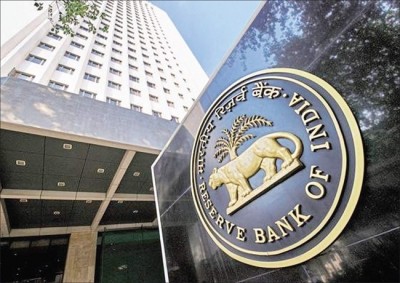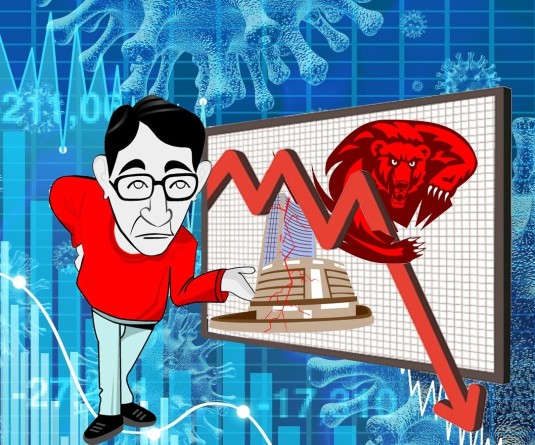IANS Photo

Chennai, November 28 (IANS) The Reserve Bank of India’s (RBI) Monetary Policy Committee (MPC) will continue with the 6.5 per cent repo rate and will not change its stance at its upcoming meeting next month as the inflation will average about 5.5 per cent for the year, said experts.
Even though the RBI’s monthly bulletin for November has said the inflation to have declined to 4.7 per cent in October, the central bank will not revise downwards the repo rate as it does not want to let its guard down, they added.
“We do expect a status quo position on both repo rate as well as stance in the upcoming policy. Inflation appears to be sticky and food inflation in particular has become a worry as both cereal and vegetable inflation have set in. Inflation will be averaging 5.5 per cent for the year and thus not offer any room for change in repo rate in the downward direction,” Madan Sabnavis, Chief Economist, Bank of Baroda, told IANS.
According to him, the comforting factor is that the core inflation will remain low.
“The stance hence will continue to be withdrawal of accommodation as the transmission is still not complete and there is room for further action on the part of banks,” Sabnavis added.
Citing the RBI’s ‘State of the Economy’ monthly bulletin for November this year which also mentioned decline of inflation to 4.7 per cent in October, Umesh Revankar, Executive Vice Chairman, Shriram Finance, said it kindled hope of a return of lower rate regime.
But with the RBI raising risk weights on consumer credit, credit card receivables, and NBFC exposure, by 25 percentage points up to 125 per cent to control the liquidity in the system RBI does not want to let its guard down on inflation, Revankar added.
Accordingly, the MPC will maintain the repo rate at 6.5 per cent as it aims to stabilise inflation around the 4 per cent medium-term target by controlling the liquidity in the system, he said.
“We further anticipate no rate cuts till the beginning of the next fiscal year,” Revankar added.






